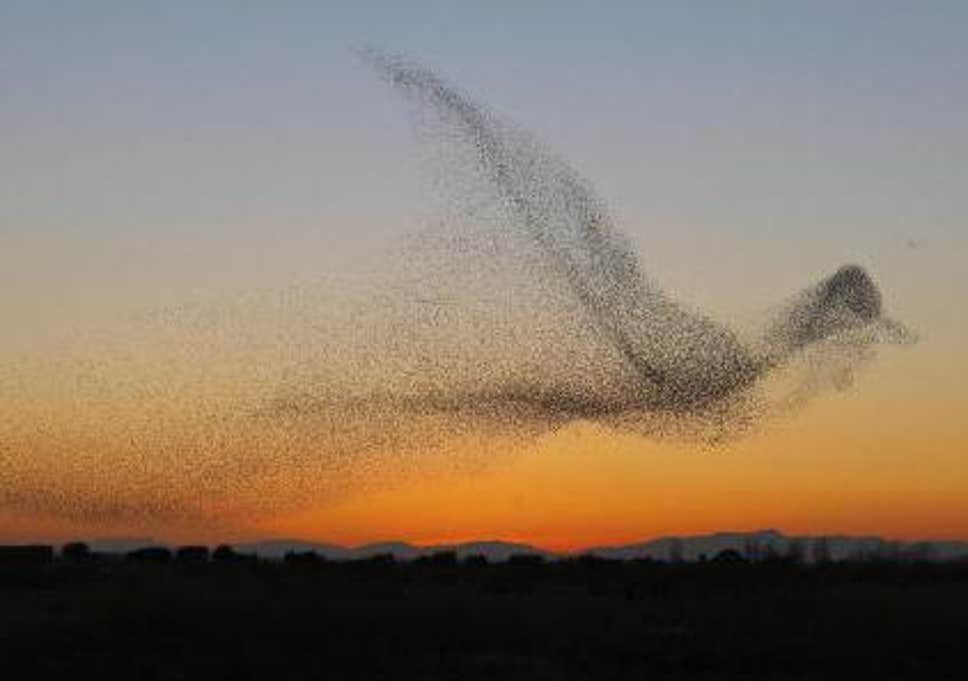The most impactful theme for me this quarter has been practicing new ways of thinking. Engaging with both the action project and course material, contemplative practices led me to a more relational point of view, which helped me to manage feelings of frustration or stagnation. When I perceive disfunction, my response is more effective when I can let go of the impulse to “overcome” and instead consider how I want to relate to a challenge. Thinking in systems, I can develop a stronger sense of identity as a citizen to find inspiration rather than depletion in the face of the Anthropocene.
My group’s project was focused on the concept of collective climate trauma. In reviewing the literature on the topic, I noticed a consensus among the authors on the importance of reflective witnessing in one form or another. Rather than overcoming or moving beyond the trauma, authors emphasized practices designed to honor and reflect upon it- thereby opening space for new collective stories in relation to the traumatizing phenomena. This reminded me of an argument presented in The Worm at the Core – human beings cannot overcome the terror of death, so should instead remain mindful of how it impacts our lives (221). In both cases, as with my own experience in the class, there is a chance for renewed energy through a relational reframing.
In Active Hope, Macy and Johnstone parallel this with their distinction between “power-over” and “power-with” (106-108). While the exercise of “power-over” is a zero-sum resource game, “power-with” is a model wherein power is a practice, generated by action in relationships. Instinctively, I can see this “power-with” when I imagine an ecosystem, but it has been harder to conceive of in political systems. As an individual, grief and frustration regarding the Anthropocene deplete me, and “overcoming” the emotions, much less the global phenomenon, feels impossible.
With practice, I can lean into a “power-with” identity, working with the emotions and as a citizen – (a node in a human-system response) to guide my orientation to anthropogenic crisis. In this framing, a citizen mindset provides an opportunity to respond to Death and the Anthropocene from a place of diffuse and renewable strength. I look forward to a “power-with” relationship between the human and natural world, and the reciprocal healing that will facilitate. I am grateful for the tools this course has provided to support that vision.

Image source: https://www.patheos.com/blogs/tippling/2020/01/22/life-as-an-emergent-property-and-rocks/

